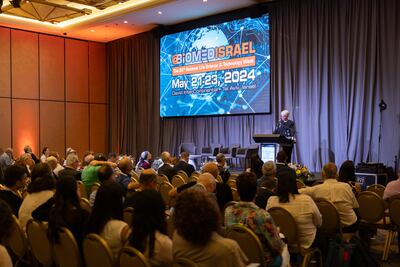
Preliminary Decision By CMS Keeps NPWT Devices In One Code
CMS is proposing to keep negative pressure wound therapy devices in one Healthcare Common Procedure Coding System code, in line with recommendations from the Agency for Healthcare Research and Quality
More from Archive
Editor’s note: This is your final call to participate in the survey to better understand our subscribers’ content and delivery needs. The deadline is 20 September.
Editor’s note: We are conducting a survey to better understand our subscribers’ content and delivery needs. If there are any changes you’d like to see in coverage topics, content format or the method in which you receive and access Medtech Insight, or if you love it how it is, now is the time to have your voice heard.
Medtronic announced it received expanded MRI labeling for its DBS systems, which is critical, given that almost 70% of all DBS-eligible patients will likely need an MRI at some point in their care, says Ashwini Sharan, CMO for Medtronic Neuromodulation.
In this episode, Medtech Insight reporter Natasha Barrow speaks to LungLife AI CEO Paul Pagano. Lung Life AI is a US-based AIM-listed medical technology company that has developed a liquid biopsy test for the early detection of lung cancer called Lung LB. Pagano runs through the highlights of Lung Life AI journey to date and its future ambition for a strategic partnership. He also provides advice to similar diagnostic companies seeking reimbursement andcompliance with the US FDA Lab Developed Test ruling.
More from Medtech Insight
Despite regional unrest, it is business as usual for medtech innovators and investors in Israel as evidenced by continued high-value M&A of locally developed technologies. Irit Yaniv, co-chair of the medtech session at the upcoming BioMed Israel 2025, explained the unique dynamics of Israeli medtech innovation.
Communication with patients has become a particularly crucial factor for investors, payers, and other healthcare decision-makers in a hostile market environment.
Out-of-hospital cardiac arrest remains one of the most challenging and resource-intensive emergencies in cardiovascular care. At SCAI 2025, clinicians presented a novel algorithm that improved triage decisions and reduced unnecessary interventions.






